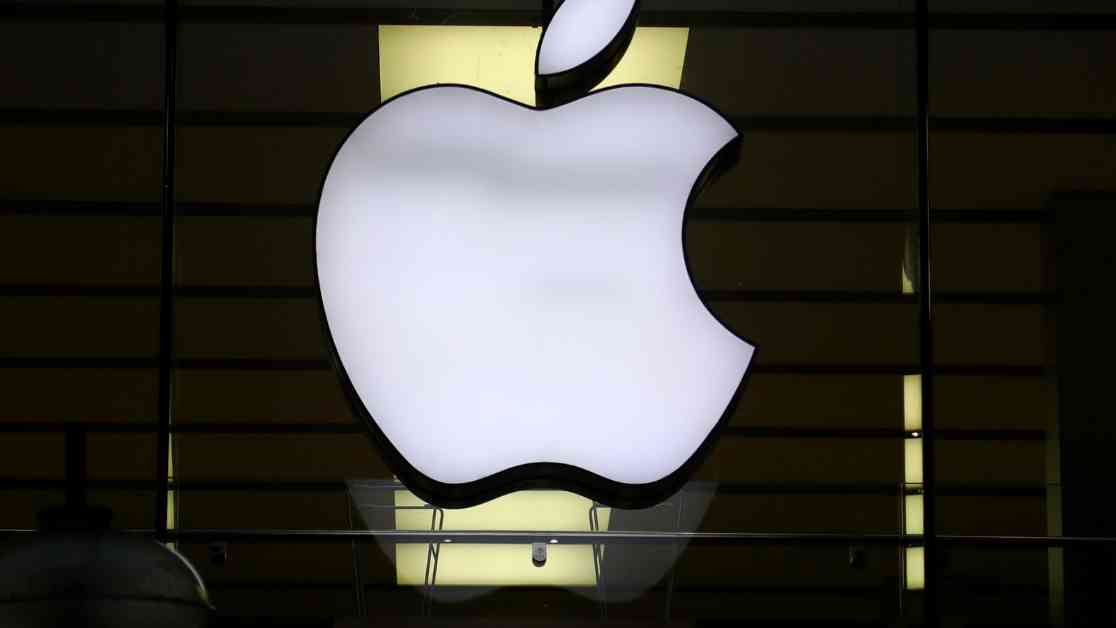Consumer rights group Which? is taking legal action against Apple, seeking a substantial payout of £3bn for around 40 million UK customers over the company’s use of iCloud. The lawsuit alleges that Apple has violated UK competition law by giving preferential treatment to its iCloud storage, essentially forcing customers with Apple devices to use it. According to Which?, Apple has made it challenging for users to opt for alternative storage providers by limiting the options available.
Which? claims that Apple restricts customers from storing or backing up all their phone data with third-party providers, creating an anti-competitive environment. Once users exceed the free 5GB storage limit on iCloud, they are required to pay for additional storage for their photos, notes, messages, and other data. The consumer rights group argues that this practice goes against competition laws in the UK.
Which?’s chief executive, Anabel Hoult, emphasized the importance of holding big corporations like Apple accountable for their actions and ensuring that consumers receive the compensation they deserve. By pursuing legal action, Which? aims to not only secure redress for affected consumers but also to prevent similar behavior in the future, fostering a more competitive market.
In response to the lawsuit, Apple has refuted the claims made against it, stating that customers are not obligated to use iCloud and have various third-party alternatives for data storage. The company defends its practices, asserting that it facilitates data transfer to iCloud or other services seamlessly. Apple contends that its iCloud pricing aligns with industry standards and that almost half of its customers do not utilize iCloud services.
The lawsuit will encompass all UK Apple customers who have utilized iCloud services since October 1, 2015, unless they choose to opt out. Individuals residing abroad but meeting the eligibility criteria can also participate in the lawsuit. Which? estimates that on average, consumers could be entitled to approximately £70 based on their duration of service usage. Apple is also facing a similar legal battle in the US, where it is accused of monopolizing the iPhone ecosystem by the Department of Justice.
This lawsuit against Apple is part of a broader trend of challenges faced by major tech companies like Google and Samsung regarding anti-competitive practices. Recent cases in the US have highlighted the dominance of tech giants in various markets, prompting calls for increased scrutiny and regulation. Google, in particular, has been under fire for its monopoly over internet search and app store operations, raising concerns about the concentration of power in the hands of a few corporations.
The pushback against big tech companies underscores the need for stronger regulatory measures to ensure fair competition and protect consumer interests. As governments and regulatory bodies continue to investigate anti-competitive behaviors in the tech industry, the outcome of cases like the one against Apple will set important precedents for future legal actions. Holding corporations accountable and upholding competition laws are crucial steps in promoting a more equitable and diverse marketplace for consumers worldwide.




